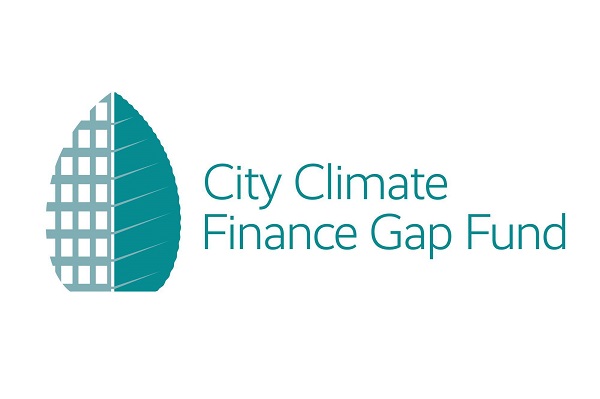 Credit: EIB
Credit: EIB
Today, Wednesday 23 September 2020, marked the launch of the City Climate Finance Gap Fund by the Luxembourg and German governments together with the World Bank, European Investment Bank (EIB) and Global Covenant of Mayors.
With a target capitalisation of at least €100 million, the Gap Fund will accelerate investments supporting cities in developing and emerging economies, as they determine goals and objectives for low-carbon and well-planned urbanisation. The fund investment is aiming to unlock at least €4 billion of final investment in climate-smart projects and urban climate innovation.
Cities are on the frontlines of the climate emergency and currently account for around 70% of global CO2 emissions. Before the COVID-19 pandemic struck, it was estimated that more than $93 trillion in sustainable infrastructure investment was needed by 2030 to meet climate goals. As cities strive to recover from the economic impact of the pandemic, investments in clean energy, climate-resilient water and sanitation and urban regeneration projects will play an important role in eliminating pollution, improving local food systems and creating green jobs.
Climate investment projects are an opportunity to improve lives of the millions who live in cities around the world. However, cities frequently lack the capacity, finance and support needed for the early stages of project preparation - a challenge the Gap Fund will seek to overcome.
The Gap Fund is an initiative of the governments of Germany and Luxembourg together with the Global Covenant of Mayors for Climate and Energy (GCOM), in partnership with several other key players in the climate finance arena. It will be implemented by the World Bank and the EIB. The fund was announced at the UN Climate Action Summit 2019 as a key initiative of LUCI, the Leadership for Urban Climate Investment, which promotes financing for ambitious urban climate action until 2025. Core donors to the Gap Fund are Germany (€45 million) and Luxembourg (€10 million).
"There can be no return to business as usual. Our recovery from the COVID-19 crisis must be the opportunity to rebuild better, in particular with respect to the climate and environment. We must also ensure that this recovery leaves no one behind, supporting livelihoods and communities," said EIB President Werner Hoyer. "The Gap Fund will help cities in developing countries to implement their transformative climate projects".
Luxembourg's Minister for the Environment, Climate and Sustainable Development, Carole Dieschbourg, added: "Urban areas are game changers in the fight against global warming. I'm confident that the City Climate Finance Gap Fund will make a big difference for cities and local authorities on their journey to lower greenhouse gas emissions and climate resilient development, which is one of the key objectives of the Paris Agreement. The Gap Fund is the best example of a multilateral partnership that builds on the respective strengths of all relevant actors at the different levels of governance".








